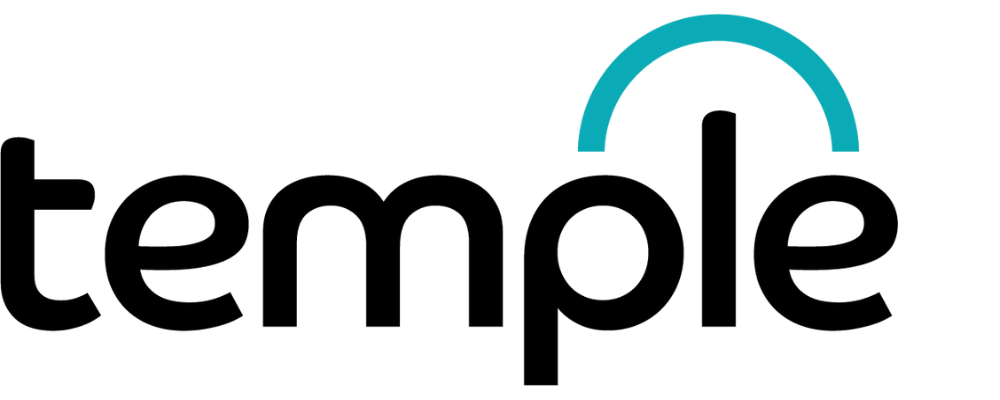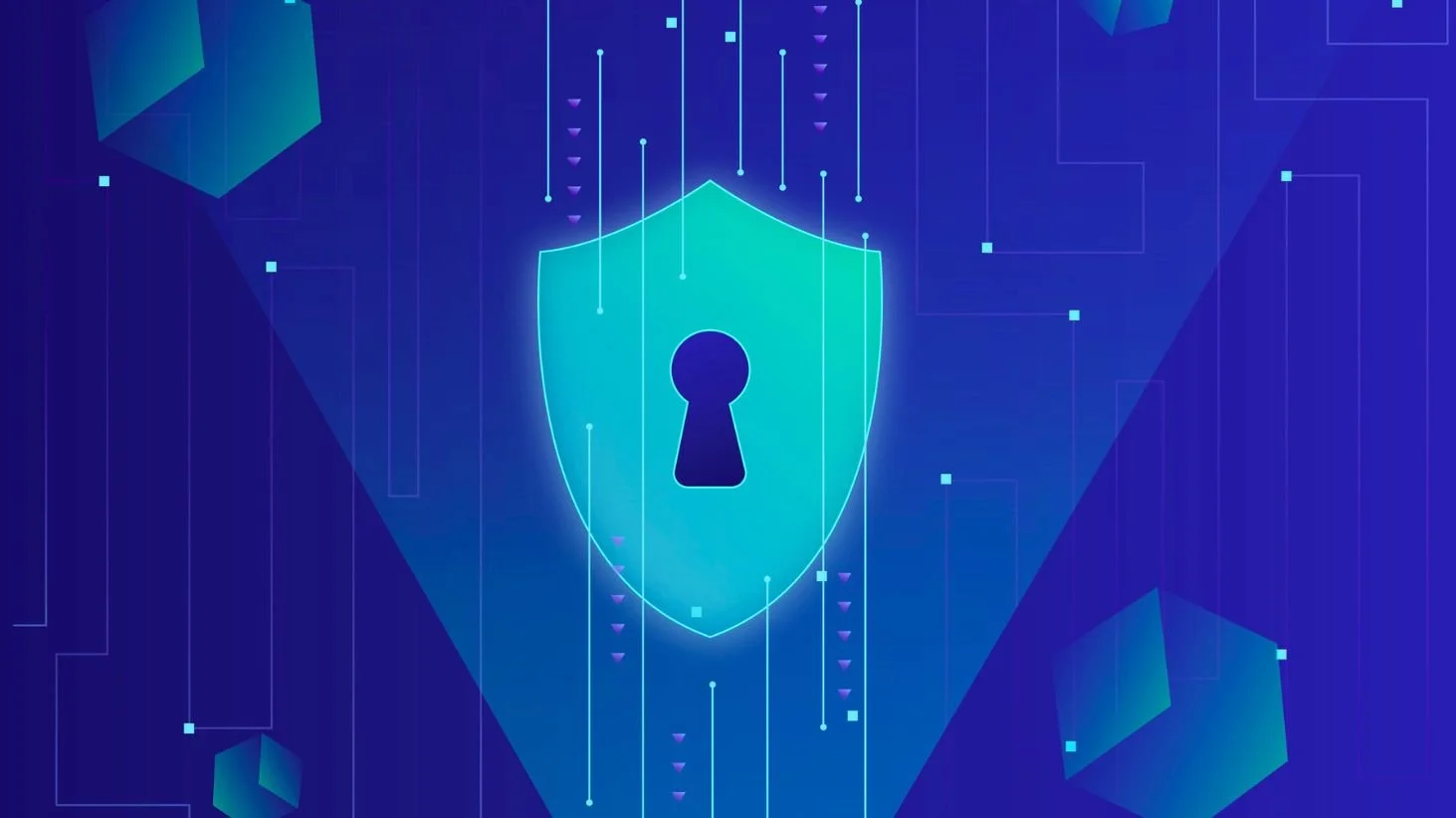Start-up compliance survival guide: ISO 27001, GDPR, and NIS 2 for success
As a startup founder, you're trying to do everything at once, from building a team and recruiting investors to perfecting your product. Compliance is the last thing you want to tackle. The consequences of non-compliance can be severe, so don't ignore them. The good news is that compliance doesn't have to be complicated with the right tools.
EU startup founders know that action is necessary, but they may not know where to start when it comes to frameworks such as ISO 27001, GDPR, and NIS 2. These frameworks are crucial for your startup's success, so we'll explain their meaning, why they're crucial, and how to address them.
The process will be straightforward and jargon-free so that you can see for yourself how stress-free it can actually be. So, let's examine how compliance can be beneficial to you.
ISO 27001 compliance: What are the benefits?
In the field of information security management systems (ISMS), ISO 27001 is the gold standard. Processes are established to protect sensitive data (such as customer information, company data, or employee information). An ISO 27001 certification builds a scalable security infrastructure for startups and demonstrates a strong commitment to information security.
What is ISO 27001 all about? In the first place, it signifies your commitment to data security to customers, partners, and investors. In the end, it demonstrates that you manage risks and protect sensitive information comprehensively and pro-actively. So, ISO 27001 is an important tool for mitigating risks associated with handling sensitive data, whether it's financial records or personal data.
GDPR: Protecting personal data
In the EU, data protection laws are governed by the General Data Protection Regulation (GDPR). In addition to customers' information, employee data, and even user-generated content, it applies to companies that process personal data of EU citizens. Anything that identifies an individual is covered by GDPR.
What's the good news? There's no need to be intimidated by GDPR. Data collection, security, and transparency are its three core principles.
It's fortunately not necessary to hire a huge legal team to navigate GDPR. Keeping user consent secure, maintaining transparency, and following best practices for data security puts you on the road to compliance.
NIS 2: EU cybersecurity regulation
NIS 2 stands for "Network and Information Systems Directive 2", which is the EU's enhanced cybersecurity regulation. Energy, transportation, healthcare, and finance are among the industries affected. Digital systems are essential to the operations of many startups, so NIS 2 compliance is imperative. Cyber threats are being thwarted by securing critical infrastructure.
NIS 2 can seem overwhelming to smaller businesses, but it's essential for building strong, secure networks and systems. By implementing proactive cybersecurity measures, this regulation prioritizes risk management and reporting security incidents.
A stress-free approach to these regulations
You now understand ISO 27001, GDPR, and NIS 2, so here's how to handle them:
Make compliance a priority early in the process. Make it a part of your startup's foundation to save time and money.
Automate: As a startup, your resources are limited. Keep up with compliance requirements with automation tools.
Make sure your ISO 27001 policy and quality management are robust. From the beginning, make data protection a priority. Cybersecurity measures should be taken to safeguard your digital infrastructure for NIS 2.
Consult an expert: Automation tools are valuable, but expert advice can further support your efforts, including GDPR legal advice or cybersecurity advice.
In order to prove compliance, you must document everything. The documentation you need can be generated and stored with tools like Scytale, so you're ready for audits and inspections.
Ultimately, navigating compliance as a startup doesn't have to be daunting. It can transform your business. ISO 27001, GDPR, and NIS 2 compliance isn't just about meeting legal requirements; it's about building trust with customers, showing your commitment to data security, and encouraging growth.
You can build a framework of compliance that will allow you to scale confidently with early planning, the right tools, and a focus on security. Take these steps now to future-proof your startup and establish a solid compliance foundation.
Take a look at Temple’s ISO 27001 training and consultancy.

